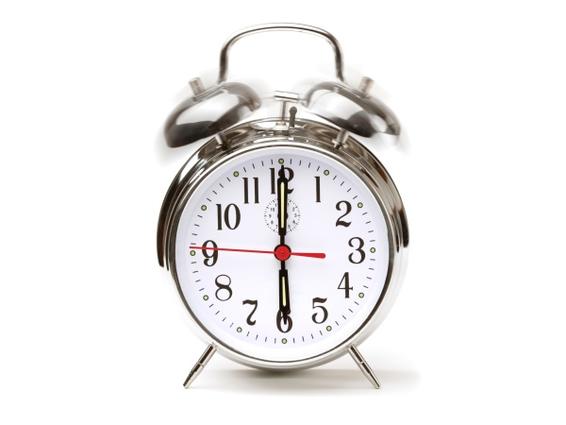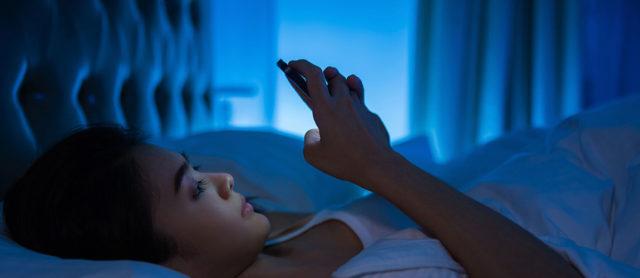Having trouble sleeping? Are you someone who finds it hard to go to sleep at night, and when morning comes, you just cannot wake up? You spend the rest of the day in a sluggish mood, feeling tired and unmotivated from the minute you wake up. But when night comes, all that disappears and you’re wide-eyed awake, with sleep nowhere to be found.
This situation is only far too common, especially to those of us in the current generation. So many factors, including lifestyle, diet, and yes, technology are what makes us so susceptible to insomnia and other sleeping disorders than those that came before us. But lucky for you, you aren’t completely doomed. There are some things that you can do to ensure that you sleep like a baby every night. Here are 9 of them:
Bedtime Routine
I know, routines are boring. But when it comes to getting a good night’s rest, it’s really helpful to follow one. Set a time that you will go to bed every day, and follow it. Turn the lights off and get into bed; being in the dark actually encourages your body to go to sleep by producing more melatonin, a natural hormone that is controlled by light exposure. It also makes you sleepy.

Stick to A Sleep Schedule
The purpose of setting a sleep time table for yourself is to wire your body’s internal clock. You should set a time to go to sleep every night and a time to wake up every morning. Avoid sleeping in, even during the weekends. Over time, your body will be trained to automatically feel sleepy when bedtime arrives and wake up on the right time even without an alarm clock!

Control the Environment
The bedroom is your sanctuary, so treat it that way. Keep it clean, and eliminate too much noise. Make sure the room is cool and comfortable. The same goes for the bed, and you should never do anything in your bed other than sleep and sex – working, watching TV, exercising, eating, etc. can be done in other parts of the room. This will help your brain identify that when you’re in bed, there’s only one thing (or two) that you should be doing.

No Technology!
This is probably the most difficult thing for us to do in this era of technology, but it is important that you put away all electronic devices -phones, laptops, tablets, etc.- at least an hour before bedtime. The blue light emitted from these screens disrupts your ability to fall asleep. And by no means should you place your smartphone next to your pillow! Buy yourself an alarm clock, or set the alarm on your phone and place it at a distance (this will also force you to get up to turn it off, meaning you’ll be less likely to hit the snooze button).

Make Smart Food Choices
Having a healthy and balanced diet is good for your health in general, just as it is for your body to go to sleep peacefully. Avoid drinking too many liquids after the evening, even water, and especially no coffee or alcohol! As for food, limit your meals to small portions for dinner and avoid sugary desserts and refined carbs.

Avoid Napping
Sure, napping is great. And when you haven’t had the best night of sleep, you can be tempted to crash for a while as soon as you get home from work. But all this will do is make you repeat the same cycle of sleepless nights, tiredness throughout the day, and restless naps. Try holding out on napping, it’ll be hard at first, but eventually, your body will get used to it and fall into a natural sleep cycle.

Power Naps
So, we just finished telling you why you shouldn’t sleep during the day, but hear us out. While long and poorly-timed naps can be bad for your sleeping routine, a strategic power nap can also be quite helpful to keep you energized throughout the day. Limit your naps to 15-20, and avoid them in the hours leading up to bed time.

Relax!
One of the leading causes of sleep issues is stress. We are constantly stressed about work, school, relationships, in today’s high-powered world. But you must try your best to relax and push these thoughts from your head if you are to have a good night’s sleep. Figure out a destressing routine (a long soak in the tub, a good book), or even try some relaxation techniques like deep breathing, muscle relaxation, and etc.

Exercise
Research indicates that people who exercise regularly have a better chance of getting a good night’s sleep. The more intense your exercise regimen, the more you can ensure better sleeping habits. But not everyone has the time to run to the gym every day. Fortunately, even light and short forms of exercise can provide a lot of benefits. Simple things like a walking the dog, kneading bread dough by hand, and other physically strenuous activities can really help as well.




